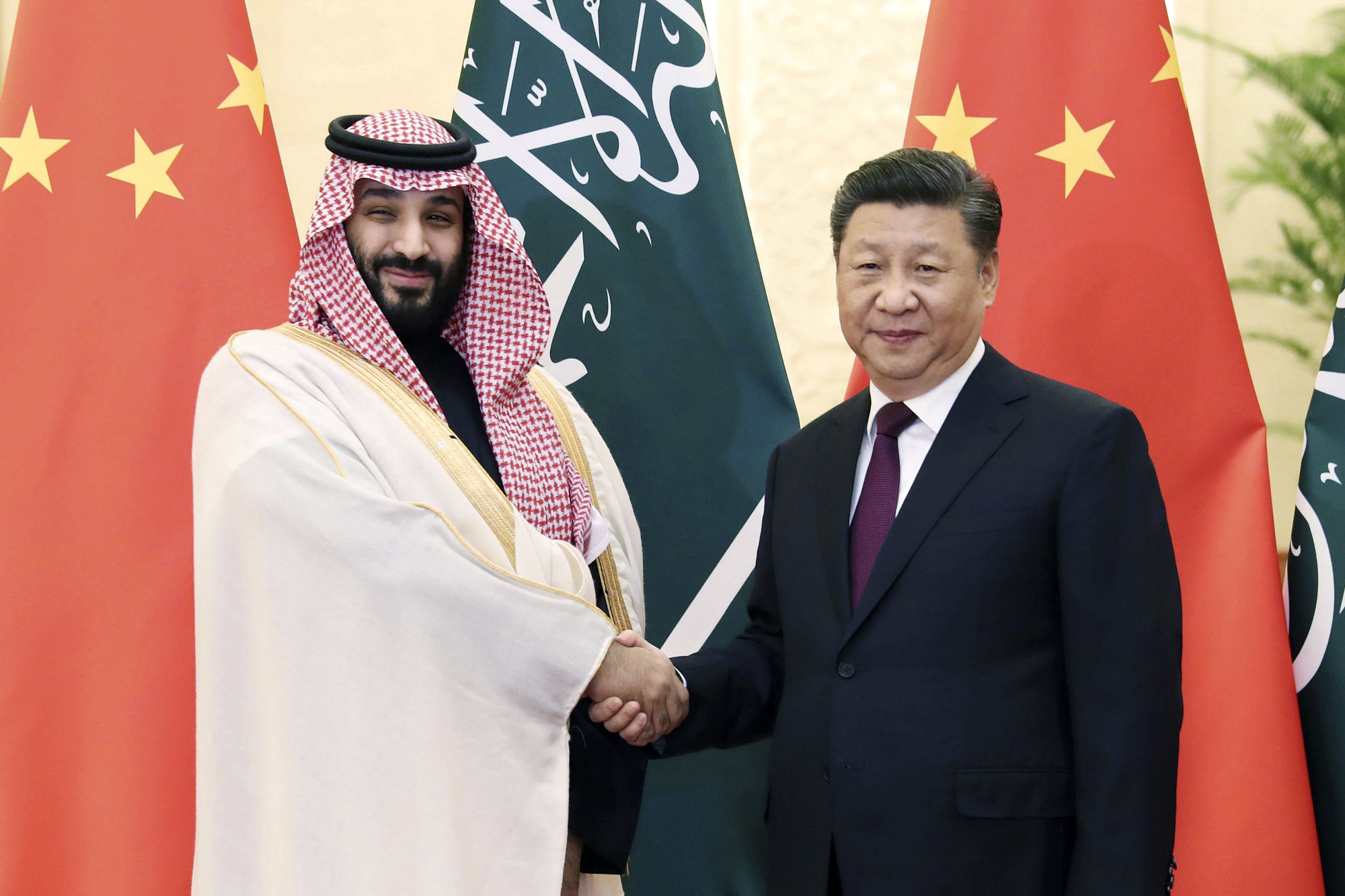Middle Eastern leaders seem to be in a race to gain favor with China. While the region buzzes with criticism of U.S. policy, its political elites are busy showering China with accolades and heading to Beijing to sign a wide variety of bilateral agreements. Egyptian President Abdel Fattah el-Sisi, for example, has visited China six times since 2014.
Although most engagement between China and Middle Eastern governments still focuses on energy and economic relations, cooperation increasingly covers new areas such as defense. Furthermore, Saudi Arabia and the United Arab Emirates have recently announced plans to introduce Chinese-language studies into their national educational curriculums. More tellingly, both countries (and others in the region) have defended China's persecution of its mainly Muslim Uighur population, a crackdown that has been widely condemned in the West.
All of this raises two questions. Why are Middle Eastern states betting on China? And to what extent can China fill the political vacuum in the region created by America's diminishing footprint?



















With your current subscription plan you can comment on stories. However, before writing your first comment, please create a display name in the Profile section of your subscriber account page.